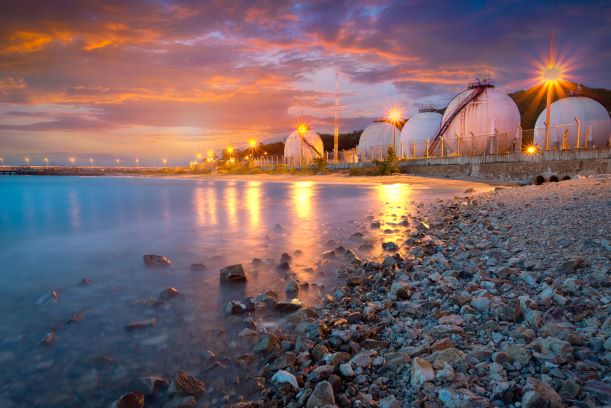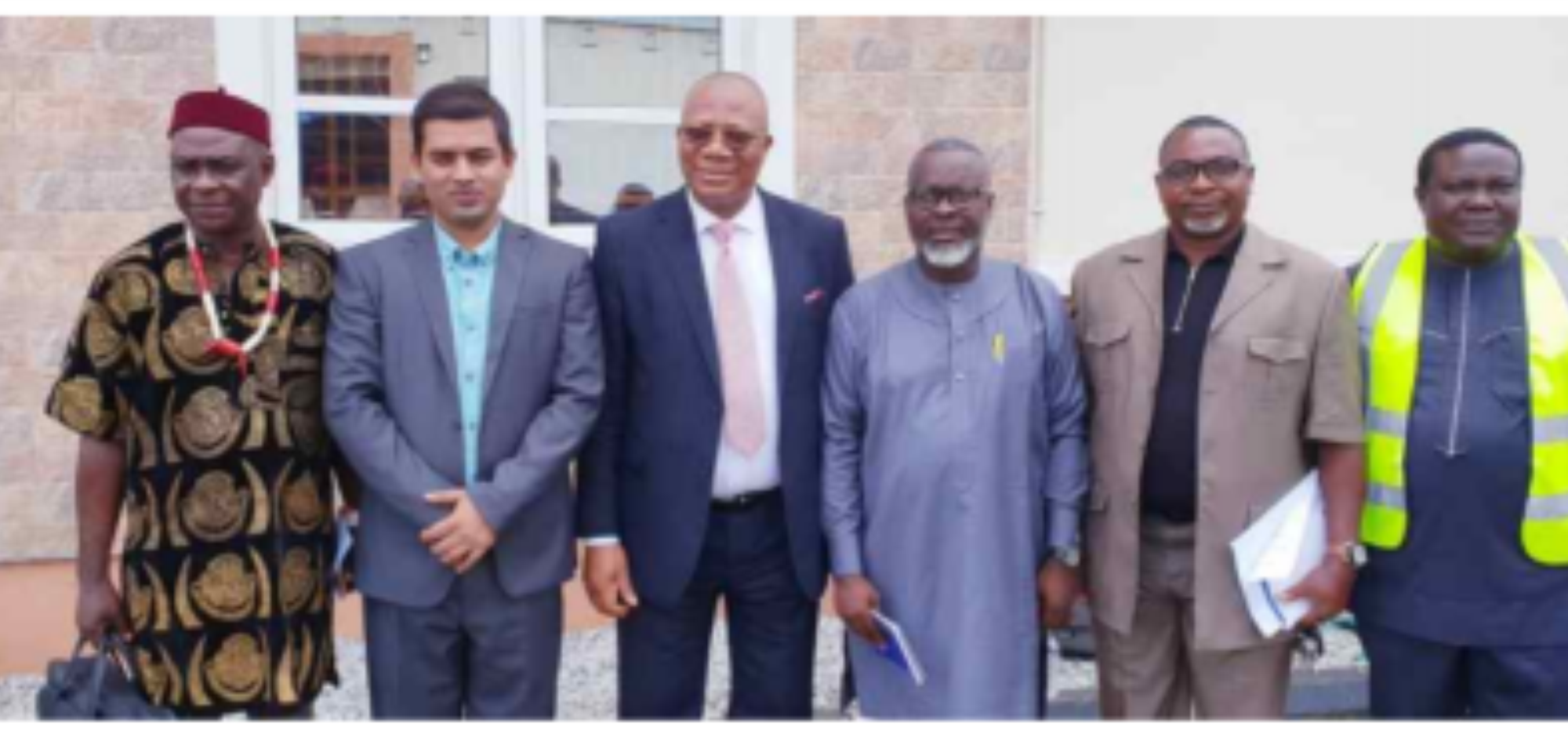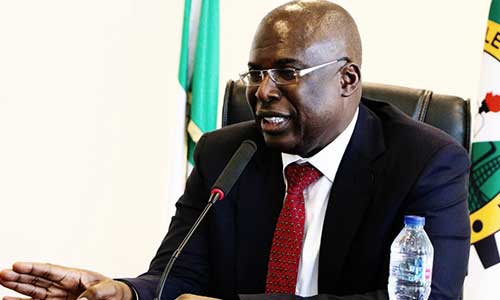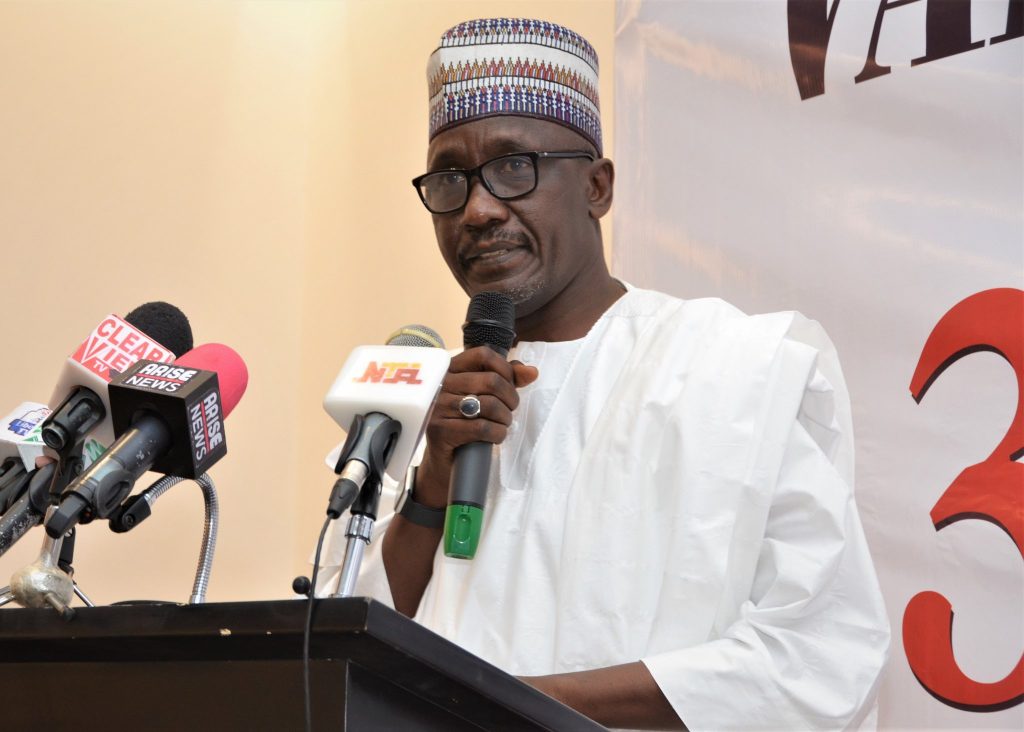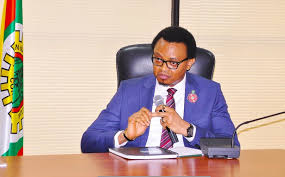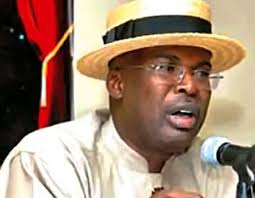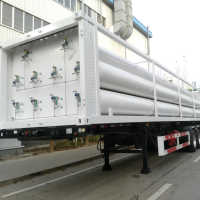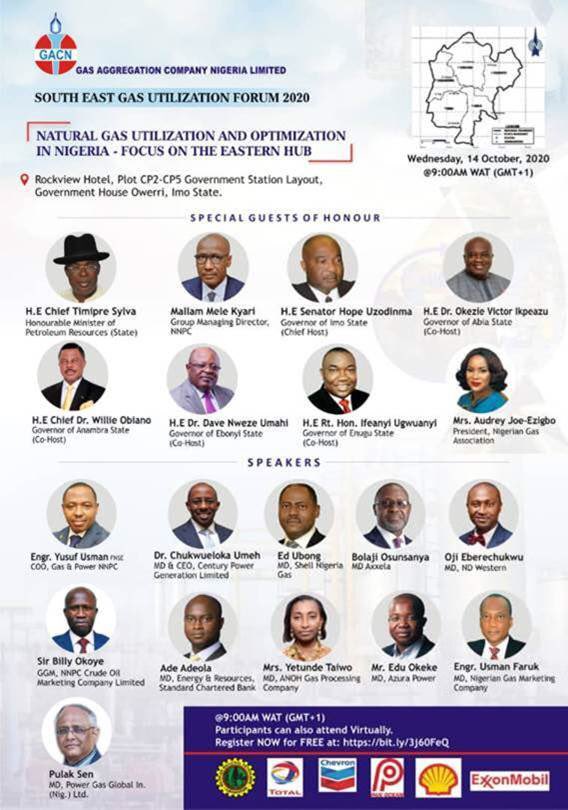The Federal Government has revealed that vehicle owners in the country will have to pay N250,000 to have their cars converted to autogas from petrol. This disclosure was made on Wednesday, December 2, 2020, by the Technical Adviser on Gas Business and Policy Implementation to Minister of State for Petroleum, Justice Derefaka, while on Channels Television’s Sunrise Daily, which was monitored by Nairametrics.
While stating that the conversion of vehicles from petrol to autogas will take at least 7 hours at the various conversion centres, Derefaka also pointed out that vehicle owners will have different payment plans to perform the conversion.
Derefaka, who is also the Programme Manager, Nigerian Gas Flare Commercialization Project, said: “The cost varies. So, in terms of cost implication, it depends on the cylinder of the vehicle and of course, for a typical SUV cylinder, it is a bit higher. On the average, it is around N200,000 to N250,000 and this is for a four-cylinder vehicle, but it becomes a little bit higher for a six-cylinder SUV vehicle.”
Nairametrics earlier reported that the Group Managing Director of Nigerian National Petroleum Corporation (NNPC), Mele Kyari, disclosed that the corporation is going to provide free conversion services in some selected NNPC retail filling stations across the country. Derefaka further explained that there will be different payment plans for making the conversion, adding that vehicle owners can have agreement with commercial banks to get the conversion done.
The Federal Government has revealed that vehicle owners in the country will have to pay N250,000 to have their cars converted to autogas from petrol.
This disclosure was made on Wednesday, December 2, 2020, by the Technical Adviser on Gas Business and Policy Implementation to Minister of State for Petroleum, Justice Derefaka, while on Channels Television’s Sunrise Daily, which was monitored by Nairametrics.
While stating that the conversion of vehicles from petrol to autogas will take at least 7 hours at the various conversion centres, Derefaka also pointed out that vehicle owners will have different payment plans to perform the conversion.
Derefaka, who is also the Programme Manager, Nigerian Gas Flare Commercialization Project, said:
“The cost varies. So, in terms of cost implication, it depends on the cylinder of the vehicle and of course, for a typical SUV cylinder, it is a bit higher. On the average, it is around N200,000 to N250,000 and this is for a four-cylinder vehicle, but it becomes a little bit higher for a six-cylinder SUV vehicle.”
Nairametrics earlier reported that the Group Managing Director of Nigerian National Petroleum Corporation (NNPC), Mele Kyari, disclosed that the corporation is going to provide free conversion services in some selected NNPC retail filling stations across the country.
Derefaka further explained that there will be different payment plans for making the conversion, adding that vehicle owners can have agreement with commercial banks to get the conversion done.
He also said, “The owner of the car basically will decide to say I want to run on autogas or CNG or LNG and like the Honourable Minister had mentioned as well, conversion basically has different strands, you can partner with your bank and then the bank will now agree with the conversion centre to say ‘Convert this our customer’s car for free.“
“Not free in its entirety, but you now go and covert your vehicle. What happens is that the installer will put some form of mechanism, that each time you buy the gas; a certain amount will be deducted to pay for the conversion kits.”
While dismissing the notion amongst many Nigerians that the conversion fee is expensive, the ministerial aide noted that payment can be done within 5 to 7 months, in addition to saving up 45-50% cost associated with petrol.
Source: Nairametrics News, December 2nd 2020
